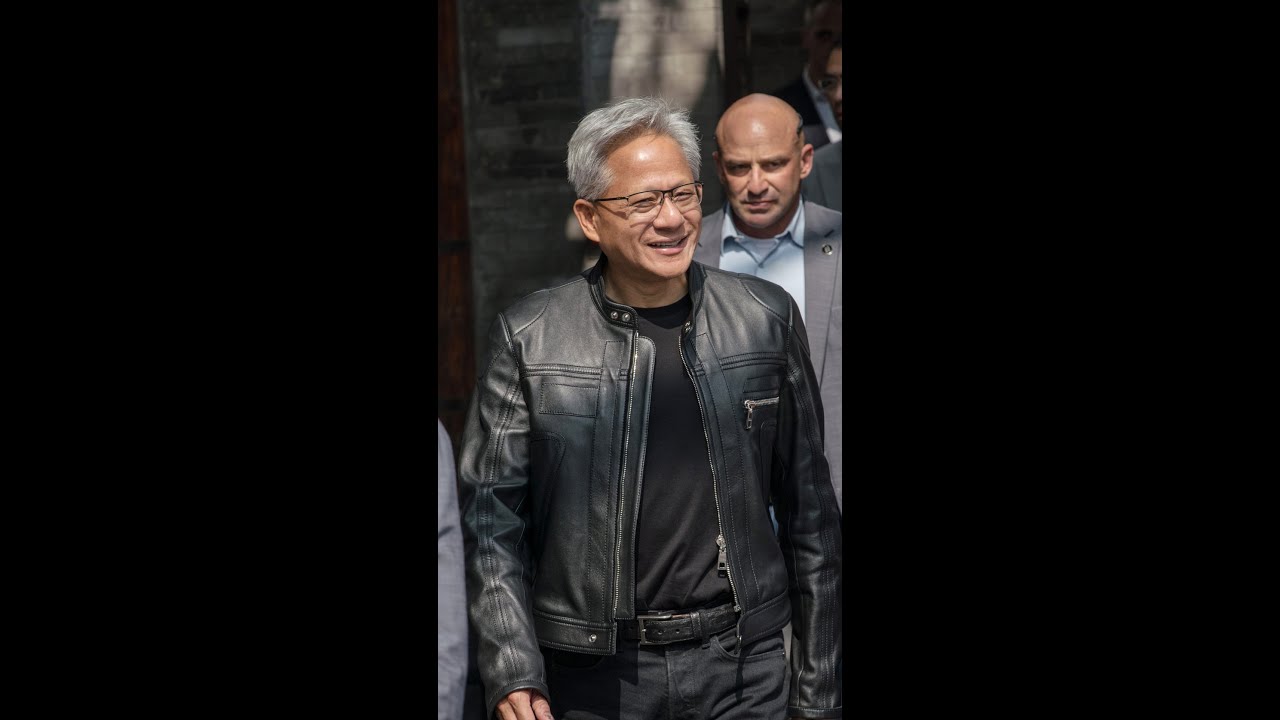Nvidia CEO Jensen Huang successfully persuaded the US government to lift restrictions on shipping advanced AI chips to China, leveraging his advocacy efforts, close ties with former President Trump, and diplomatic engagement during his visit to China. His actions have eased trade tensions temporarily, highlighting the potential role of business leaders in fostering US-China cooperation amid ongoing geopolitical challenges.
Nvidia CEO Jensen Huang has found himself at the center of the complex US-China trade relations amid ongoing tensions between the two countries. Recently, Huang secured a significant victory when the US government reversed its earlier decision that restricted Nvidia from shipping AI chips to China. This reversal allows Nvidia to resume shipments of its advanced AI chips to the Chinese market, marking a notable development in the trade war landscape.
Huang’s success can largely be attributed to the immense importance of the Chinese market for Nvidia. He spent several months advocating against the US restrictions, warning that limiting chip shipments to China would be a grave mistake. Although his efforts initially seemed to have little impact, the situation changed during his recent trip to China. Following trade talks between US and Chinese officials, Nvidia announced it would begin shipping its H20 AI chips to China again, signaling a thaw in the trade restrictions.
Another factor that may have contributed to Huang’s success is his close relationship with then-President Donald Trump. Huang had accompanied Trump on a trip to the Middle East and met with him just days before traveling to China. Trump expressed pride in Nvidia’s achievements, including its milestone $4 trillion market valuation, and wished Huang well on his trip. This personal connection likely helped facilitate smoother negotiations and greater support from the US government.
During his visit to China, Huang also made efforts to build goodwill and strengthen ties with key Chinese figures. He delivered a speech at the China International Supply Chain Expo wearing a traditional Chinese jacket and spoke part of his remarks in Mandarin, demonstrating cultural respect and engagement. Huang met with influential Chinese business leaders such as Xiaomi’s Le Jun and Premier Liu He, who is a key negotiator in the US-China trade discussions, further solidifying his role as a bridge between the two sides.
Looking ahead, questions remain about whether Huang can leverage his unique position to play a larger role as an envoy in the ongoing trade war and how sustainable the current trade truce will be. His recent success suggests that business leaders like him may have an important part to play in easing tensions and fostering cooperation between the US and China, but the durability of these developments will depend on broader political and economic factors.
